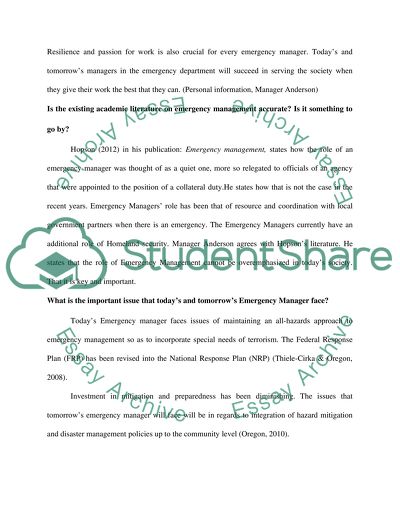Cite this document
(“Emergency Management Research Paper Example | Topics and Well Written Essays - 2250 words”, n.d.)
Retrieved from https://studentshare.org/miscellaneous/1607939-emergency-management
Retrieved from https://studentshare.org/miscellaneous/1607939-emergency-management
(Emergency Management Research Paper Example | Topics and Well Written Essays - 2250 Words)
https://studentshare.org/miscellaneous/1607939-emergency-management.
https://studentshare.org/miscellaneous/1607939-emergency-management.
“Emergency Management Research Paper Example | Topics and Well Written Essays - 2250 Words”, n.d. https://studentshare.org/miscellaneous/1607939-emergency-management.


